Stakes too high not to reach consensus
The ruling Awami League and the opposition BNP remain at odds over the polls-time administration. Meanwhile, to put pressure on both parties, the US has started enforcing a visa ban on people found undermining democracy and the EU has decided not to send a full-fledged election monitoring team. With all these developments, how will the political situation ultimately pan out in the coming months? Porimol Palma spoke with three analysts to learn about the possible scenarios.
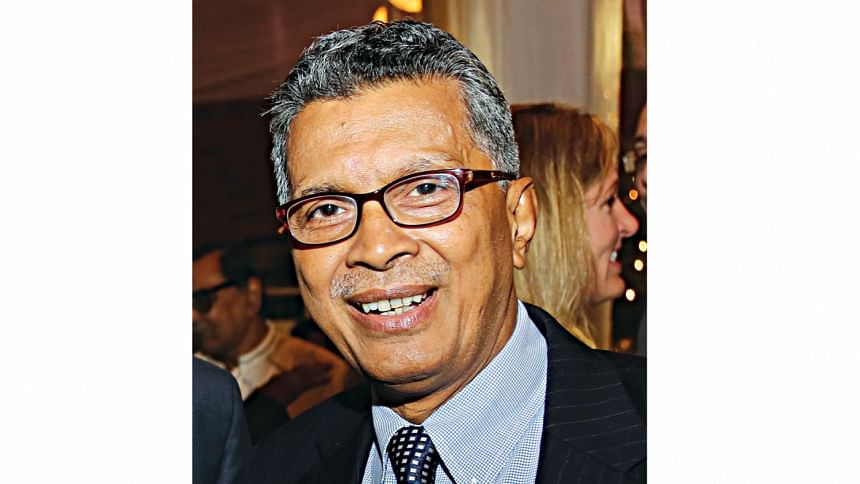
M Humayun Kabir
M Humayun Kabir, former ambassador and president of the Bangladesh Enterprise Institute, believes both AL and BNP will shift their stances on the polls-time administration.
"AL speaking aloud that the elections will be held only under the current administration is meant to demonstrate its strength and inspire the partymen. The party cannot say anything that demotivates its activists."
The challenge, however, is that the election is attracting considerable global attention and that the international community has taken a strong stance on free, fair, peaceful and credible elections this time, he said, adding that implementation of the US visa policy is part of this strategy.
"Therefore, it will be difficult for AL to stick to its position. It is also challenging for BNP not to participate in the elections. BNP, it seems, will compromise eventually, if not immediately."
If that does not happen, violence will escalate and the international community will not accept any violence, he said.
"The opposition forces, including the smaller parties, are getting stronger. Thus, it may not be possible for the government to hold a one-sided election. Also, police and administration may not provide the kind of support to the ruling party as they did during the last two polls."
Countries that otherwise don't say much about Bangladesh's elections like India, China or Russia will not want any prolonged violence to protect their trade interests and investments, Kabir said.
Without the possibility of compromise between the political parties, foreign countries may not send election observers.
"That's why starting a process of compromise at the earliest is a must. Otherwise, it will be difficult for the government to make the election internationally acceptable."
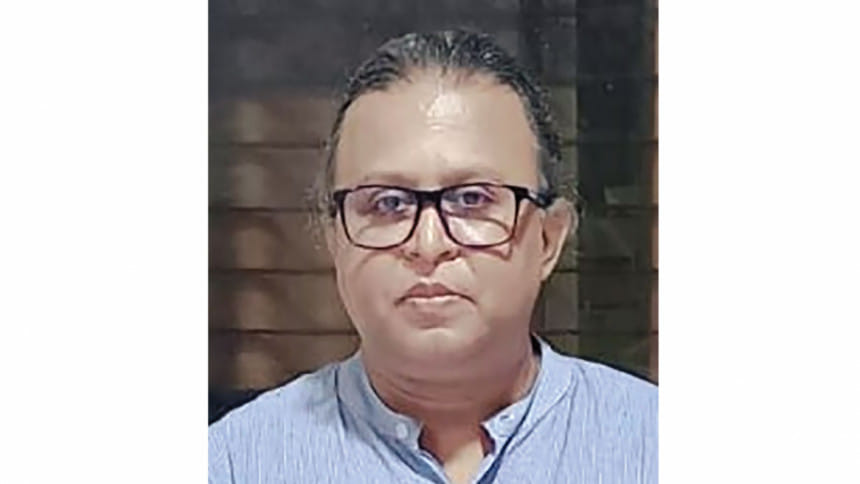
Shantanu Majumder
Political rhetoric and demonstrations are normal in democracy as long as they don't lead to violence, said Shantanu Majumder, a professor at the University of Dhaka's political science department.
"I don't think the situation has reached a deadlock yet. The ruling party is being cautious while the opposition's confidence is bolstered because of the US visa policy and its sanction on RAB."
Majumder believes the political parties will come to an understanding on the polls-time administration and not due to any external pressure but because neither party can afford to reach a "point of no return".
"Against the backdrop of two previous controversial elections, AL will not take the risk of another bad election simply as it cannot afford it. On the other hand, BNP cannot afford to shun the parliament because that will create an existential issue for the party."
Those who want to intimidate the elections this time will be the losers. If the government wants to hold a one-sided election, it will be the loser, he said.
About the issue of the polls-time administration, he said the caretaker system is not good for democracy as it consists of unelected people.
"There can be many democratic ways to ensure a free and fair election within the current constitutional framework. Those may include inviting many national and international election observers, random transfer of the DCs and SPs etc."
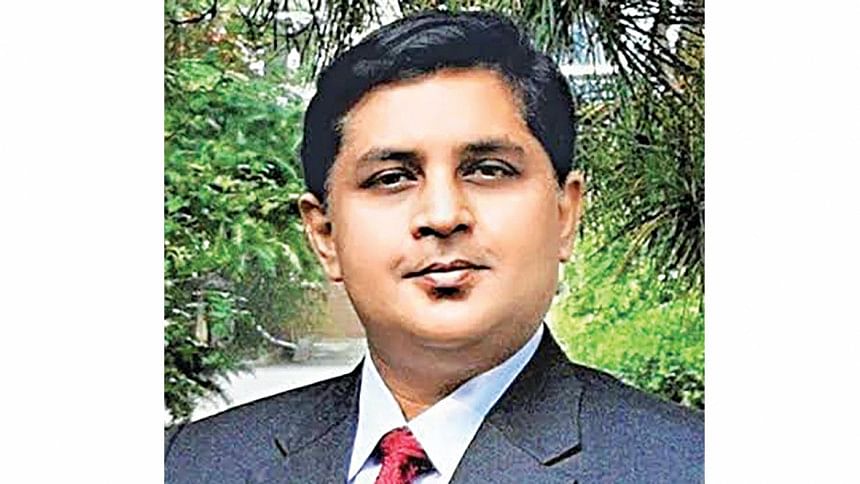
Shahab Enam Khan
The political deadlock came amid economic volatility, thus becoming a social and economic burden, said Shahab Enam Khan, a professor at Jahangirnagar University's international relations department.
Increasing external pressures, including the US visa policy, are intended to ensure that there is no violence and intimidation and that the political parties come together, hold dialogue and create a favourable environment for a free, fair and violence-free election.
While there are no meaningful initiatives in sight to resolve the deadlock, he believes the course of the economy will act as a primary circuit breaker in the coming months.
"If inflation is not controlled and the economy is in a dire situation, it won't be surprising to see public movements gaining momentum in favour of the opposition. This will supplement anti-incumbency, a common phenomenon in our political culture."
AL being the ruling power has a responsibility to ensure a free and fair election. At the same time, BNP should fulfil its democratic obligation by taking part in the poll, he said.
"At this stage, I believe political communication and dialogue are of utmost importance. The economy and the changing global geopolitics require national consensus despite political differences."
Khan thinks AL is opening up to constructive criticism and BNP is showing positive gestures by not encouraging or resorting to acts of street violence.
"I hope both parties will reach a middle ground before external forces exert their influence, or economic instability goes through the roof."

 For all latest news, follow The Daily Star's Google News channel.
For all latest news, follow The Daily Star's Google News channel. 

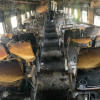
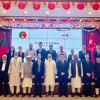
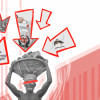

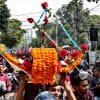

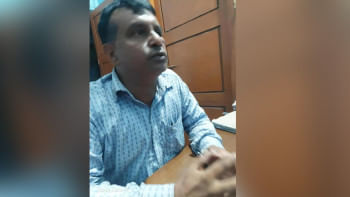
Comments